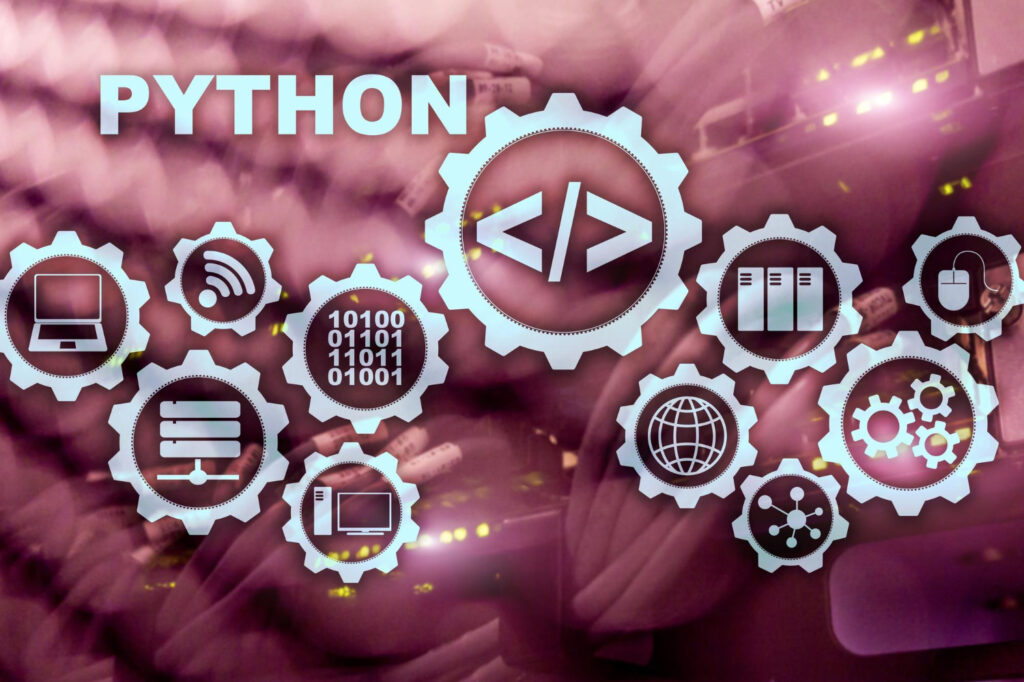Summary: With the evolution of web app development, there has been a commendable increase in tech stacks for developing the most efficient online venture for businesses. Frameworks to programming language, developers & businesses are investing in the right combination to become the next Amazon or Facebook.
Over the years, many advancements have come to the notice of the developers’ community. Herein, we will talk about one of its kind, ever-evolving, and flourishing framework- PHP. Let’s dive into the blog to know about PHP and its effective frameworks to look for in 2023.
25 years is a long time indeed! PHP has been around the globe conquering 77.5% of websites with its seamless facilities. The server-side programming language has a collection of APIs, functions, methods, and libraries. All these advancements help in building excellent apps streamlining the development process.
Facebook and Wikipedia are the greatest examples of PHP reliability. The advancement consistently provides faster development, high performance, code reusability, and scalability. Now, let’s dive deep into the PHP universe to know more about it.
What is a PHP Framework?
In this ever-changing world of advancements, developers must develop, deploy, and upgrade their applications quickly. With PHP, developers get built-in features, increased development speed, and great performance, improving their software development lifecycle.
Why use a PHP framework?
PHP frameworks provide the utmost security and maintain applications from their core. Every framework has its significant benefit that increases the productivity of a developer & the online project. All of them are also backed up by great community support.
Let’s look at the popular PHP frameworks you can use in your PHP development projects. Deploy your application with the best advancement in the online world.
Best PHP Frameworks for 2023: Developer’s List
-
Laravel
Laravel is a globally popular PHP framework. It handles complex websites and applications with ease. The framework runs on the model-view-controller (MVC) architecture providing elegant syntax, large community support, authorization, and authentication.
The advancement also provides better speed for routing, queuing, and sessions. Companies like Invoice Ninja, Laracasts, MyRank, and more use the laravel framework for a fruitful future.
-
CakePHP
CakePHP creates feature-rich and graphically appealing apps. Compared to other frameworks, it offers increased security, consisting of SQL injection prevention, CSRF, and XSS protection. Inbuilt ORM, input validation, and quick builds are just a few of CakePHP’s additional capabilities.
It uses MVC, active record, front controller, and convention over configuration for deploying apps proficient in software engineering and designing patterns.
-
Codeigniter
If you want to develop a dynamic web application, Codeigniter is a one-stop solution. The framework flexibly allows a developer to use MVC architecture or other architectures per the project requirements. The PHP framework contains various modules for constructing reusable components.
It offers context-sensitive escaping, multiple caching methods, and easy error handling. Companies like Woodbox and Dompet Duafa have extensively used Codeigniter.
-
Symfony
Symfony, the open-source framework, is known for its modularity, flexibility, and ease of use, making it a popular choice for small and large projects. It also provides a command-line interface (CLI) tool called the Symfony Console, which allows developers to create and run custom commands.
Symfony is widely used in the PHP community and has been adopted by many popular PHP applications, including Drupal, phpBB, and Laravel. Its documentation is extensive, and its community is active, which makes it easy to find help and resources when working with Symfony.
-
Slim
It is a lightweight micro-framework that designs simple, intuitive interfaces that make it easy for developers to get started with quick app development. Slim defines routes and handles HTTP requests.
Slim is a popular option for developers to develop web applications and APIs, particularly RESTful APIs and services. Its notable strengths include its user-friendly nature and straightforwardness, which makes it a suitable choice for developing focused and compact applications.
-
Phalcon
It stands out from other PHP frameworks due to its implementation as a PHP extension coded in the C programming language. Phalcon gives it a performance edge, making it one of the fastest PHP frameworks available.
Phalcon offers developers many noteworthy features, including a powerful routing system that simplifies HTTP request handling and a built-in ORM (Object-Relational Mapper) that streamlines database interactions and supports multiple database systems. It is popular among developers for its excellent performance and low overhead and is often the framework of choice for resource-intensive, high-traffic applications.
-
FuelPHP
FuelPHP is built on top of the PHP5 framework, and it includes many features that make it an excellent choice for building web applications, such as routing, ORM, input validation, and caching.
One of the key features of FuelPHP is its built-in security system, which includes protection against common web application vulnerabilities, such as SQL injection, cross-site scripting (XSS), and cross-site request forgery (CSRF).
-
Zend
Zend comes with robust documentation and is backed by an active community of developers. One of the key benefits of the advancement is its expansive feature set, which includes cloud API, session management, encryption, and MVC components.
These features allow developers to write secure, bug-free, and crash-proof code. As a result, companies such as BBC, AutoTrack, Serpro, and Cisco Webex have adopted Zend for their web development needs.
Conclusion
PHP frameworks adhere to established coding standards, which promotes better code quality, maintainability, and scalability. They typically follow the Model-View-Controller (MVC) architectural pattern, which separates the application’s data, presentation, and logic, making it simpler to manage and update code.
Furthermore, many PHP frameworks have a large and active community of developers who provide support, documentation, and plugins or modules, which can speed up the development process and help solve common problems.
Overall, PHP frameworks are useful for web developers as they simplify the development process, promote better code quality, and provide many built-in features and tools to create secure and scalable web applications.
Thus, if you are still confused about which framework to choose, consult an experienced laravel development company. Invade the digital world with the best technical minds & a futuristic idea that has a scope of upgradation with every passing evolution.







